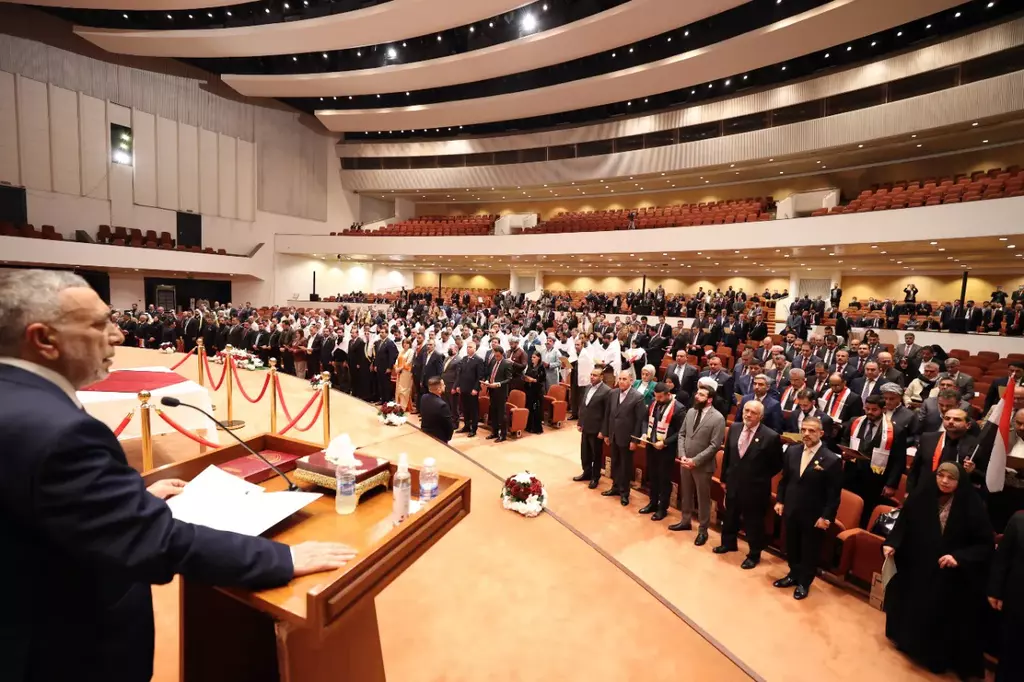Council of Representatives

- The Council of Representatives of Iraq is the legislative body of the country and plays a key role in shaping Iraq’s political landscape. It is composed of elected members who represent various political parties and regions, reflecting Iraq's diverse demographic composition. The council is responsible for passing laws, ratifying treaties, approving the national budget, and overseeing the work of the executive branch. As the legislative authority, the Council of Representatives serves as a check on the executive and judicial branches, ensuring that power is balanced and that the government remains accountable to the people.
- The council consists of 329 seats, with members elected through a proportional representation system in parliamentary elections. The representatives serve four-year terms and are tasked with representing the interests of their constituents while also addressing national issues. The legislative process in Iraq requires the council’s approval for proposed laws, amendments to the constitution, and major government initiatives. This makes the council a central institution in Iraq’s democracy, as it allows for public participation in the legislative process and provides a forum for political debate and decision-making.
- One of the council’s most important functions is to hold the government accountable. It has the power to question ministers, review policies, and investigate corruption or mismanagement within the government. Additionally, the council plays a role in approving or disapproving key appointments made by the Prime Minister, such as members of the Cabinet and the head of the Central Bank. This oversight function ensures that the executive branch remains transparent and operates within the law. The council also serves as a platform for dialogue and compromise among Iraq’s various political factions, helping to foster political stability and unity in a country marked by diverse ethnic, religious, and political groups.
- The Council of Representatives is located in the Iraqi Parliament building in Baghdad, and its sessions are open to the public. While the council has faced challenges, such as political gridlock and security threats, it remains a critical institution in Iraq’s system of governance. It is instrumental in promoting democratic processes, human rights, and the rule of law in Iraq. By working in conjunction with the executive and judicial branches, the Council of Representatives helps ensure that Iraq’s political system remains functioning and responsive to the needs of its citizens.
